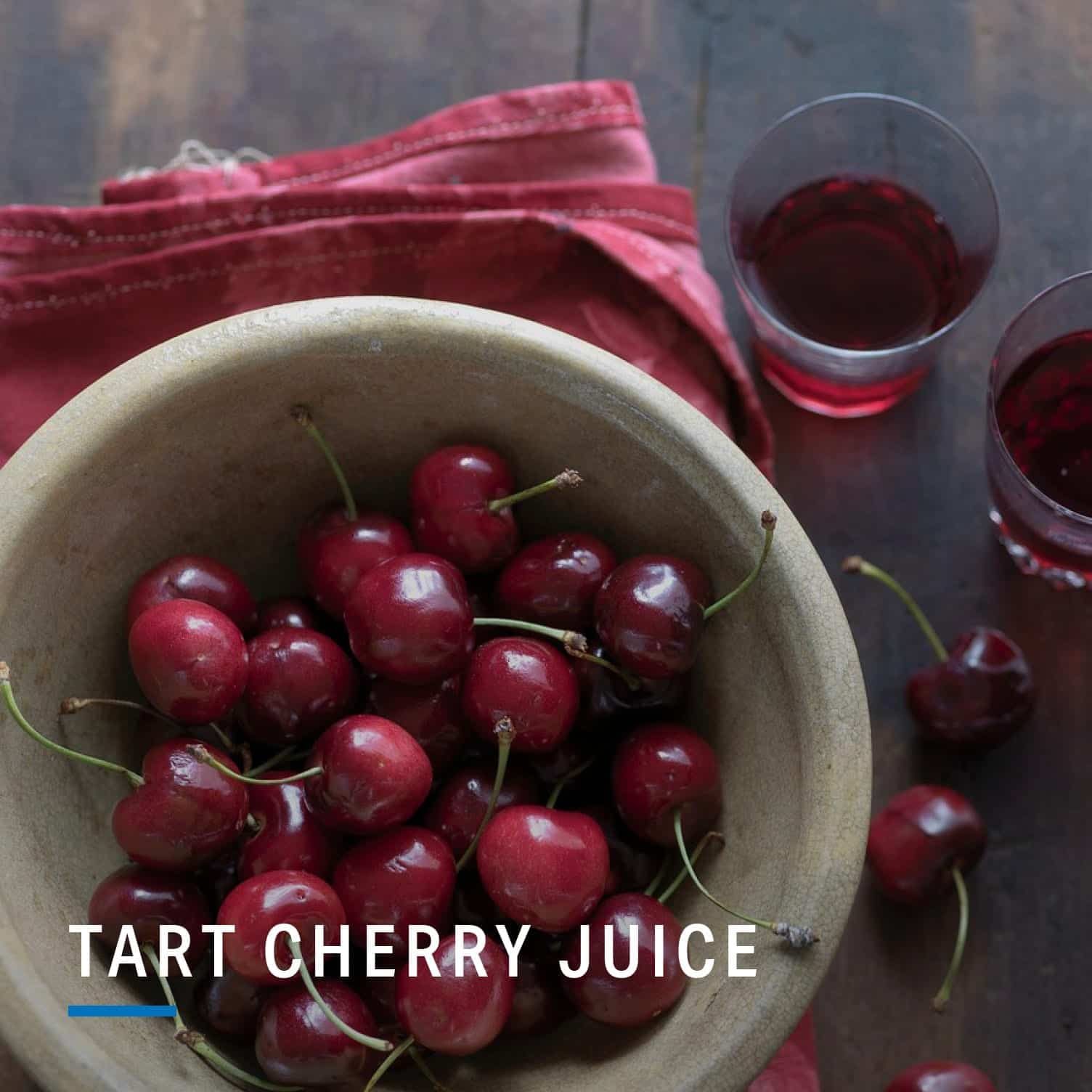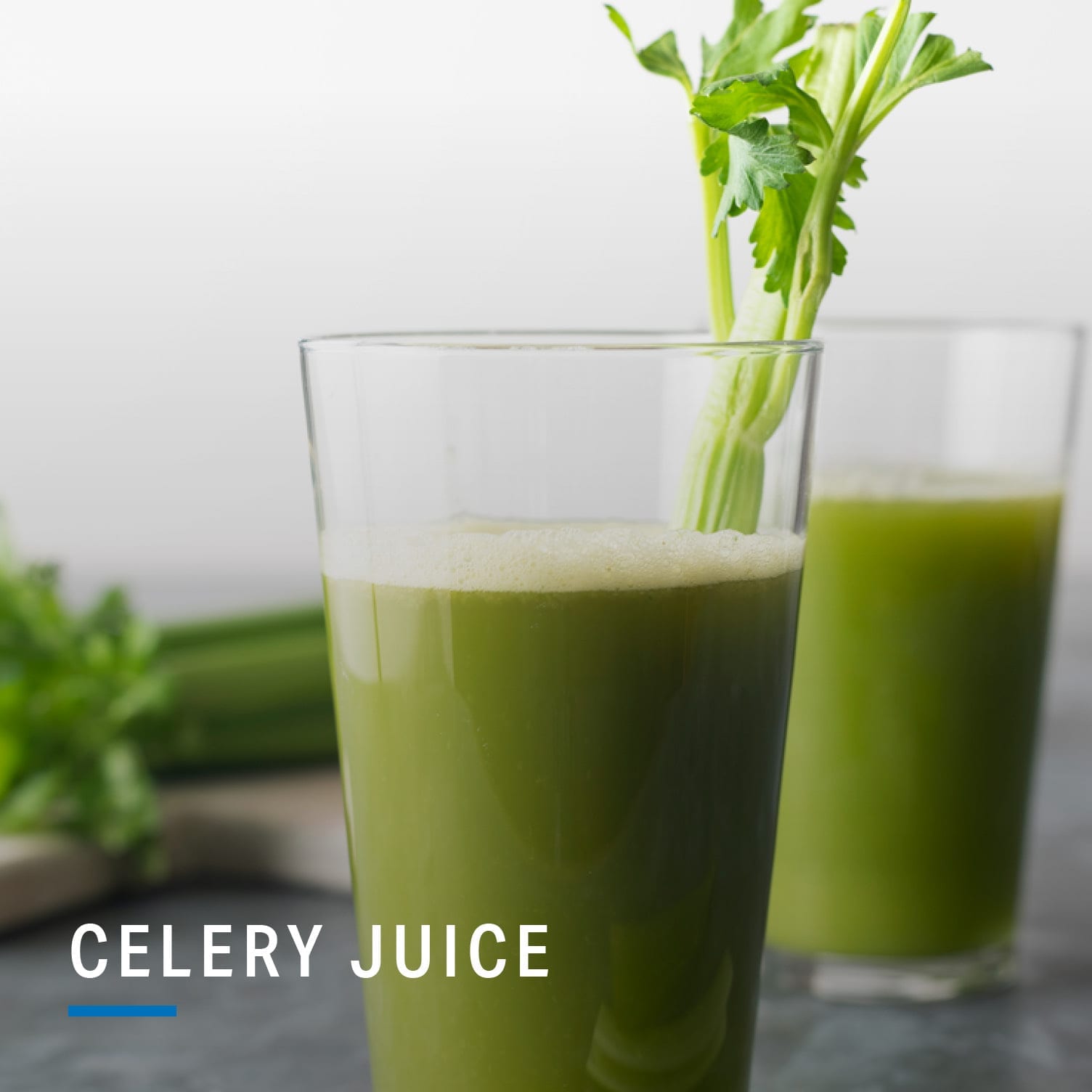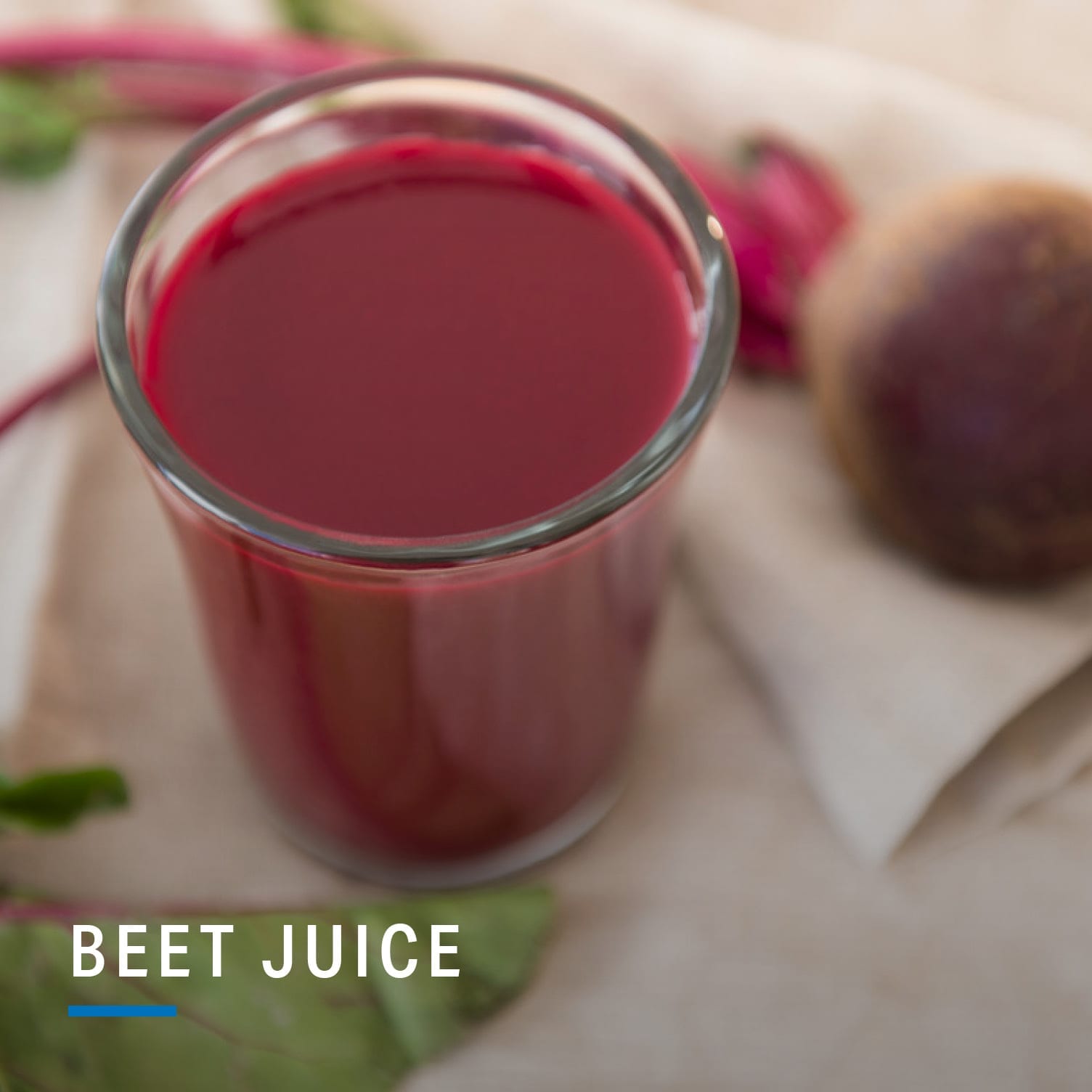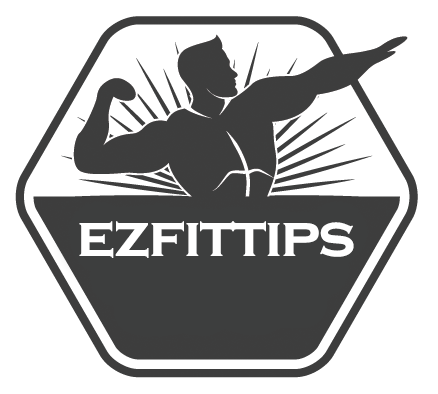Sure, sipping a glass of juice is refreshing, tasty and provides some nutrients. But can it enhance your athletic performance, or is juice just another sugary beverage? Let’s explore a few of the latest juice crazes — tart cherry, beet and celery — to see whether they are worth the hype when it comes to improving fitness.

The nutrition: An 8-ounce serving of tart cherry juice provides roughly 120 calories and contains 28 grams of carbohydrates along with roughly half your daily needs of vitamins A and C along with manganese, potassium and copper.
The research: However, the hype for tart cherry juice lies beyond these basic nutrition facts. The biggest beneficial effect linking tart cherry juice and performance is the potential for its high antioxidant content being able to decrease muscle soreness. This property was demonstrated in several studies. One study had 54 healthy runners rate their pain after a race. The runners who were given tart cherry juice for a week prior to the race reported less pain than the others. Another study found supplementing with the beverage leading up to and in the days after a marathon would reduce inflammation resulting from the effort and lead to faster recovery.
A literature review published on the topic summarized that athletes who are at their peak and looking for every little gain might get an edge from consuming 8–12 ounces of tart cherry juice 4–5 days prior to an event. There has been much debate around increasing antioxidant intake in athletes due to it potentially hindering the muscle damage needed to promote further strength and training adaptations. This thought contradicts using tart cherry juice as a part of normal training but it may be useful while leading into and recovering from a race.
The verdict: It couldn’t hurt to drink it occasionally. It will set you back a few bucks but is otherwise a safe, nutritious way to potentially improve general health as well as act as an ergogenic aid.

The nutrition: Eight ounces of celery juice contains just 45 calories along with B vitamins and folate.
The research: Celery took a big turn in 2019, when the juiced version of this green vegetable was touted as the magic potion for all things wellness. No research exists to show drinking the juice is better than munching on a stick of the whole vegetable. In fact much of the research linked to celery juice is based on extracts, seeds or the whole food itself and not the juice.
The verdict: Do not gulp down this green drink with expectations of magic, however, there might be a silver lining when it comes to performance specifically. Celery juice could be a great option as a natural sports drink. It provides extra hydration (since celery, even whole, is mostly water). Juicing the vegetable also provides concentrated amounts of sodium and potassium, which naturally occur in celery and are two important electrolytes for muscle function.

The nutrition: A cup of 100% beet juice contains roughly 2 cups of juiced beetroot. This equates to roughly 100 calories and 25 grams of carbohydrate, similar to your standard sport gel. It is also high in potassium and contains a small amount of protein, vitamin C and iron. Due to the bold, earthy taste of beetroot juice, it is typically diluted with other fruits or dehydrated into a powder to mix as the user desires.
The research: Beet juice is one of the few substances that has undergone extensive research when it comes to the claims of it being an ergogenic aid. Beets are a great source of naturally occurring nitrates that work to increase nitric oxide content in the body. This increase helps stimulate cardiorespiratory and muscle function which are crucial to an athletically superior physiology. Results of a study concluded that supplementation of beetroot could boost high-intensity, repetitive efforts. Another study on runners found beet juice supplementation extends the time to exhaustion, meaning an athlete using beet juice can sustain an effort longer before fatiguing. These findings were backed by another study on 5K running efforts. While many studies suggest beet juice works as an ergogenic aid, research suggests the benefits have limitations. Caffeine consumption, chewing gum, altitude training, and being an elite athlete might undermine the potential performance benefits.
The verdict: There’s a reason so many supplements for beet powder, juice and concentrates exist; it actually works, at least according to most of the scientific research.
- READ MORE: Experts Debate: Is Juice Healthy?
My professional opinion would rank beet juice as having the biggest potential for jumpstarting your fitness with tart cherry coming in a close second. While celery juice falls short of actually promoting performance, it isn’t likely to hurt you.
While these are all whole-food based, consuming them in supplemental form — pills, powders, extracts and bottled juices — means they are free from FDA testing and regulations, and there is always a risk of allergic reaction or contamination with foreign components. What helps above all is a solid diet, strong training routine and consulting an expert for personal, next-level help.









